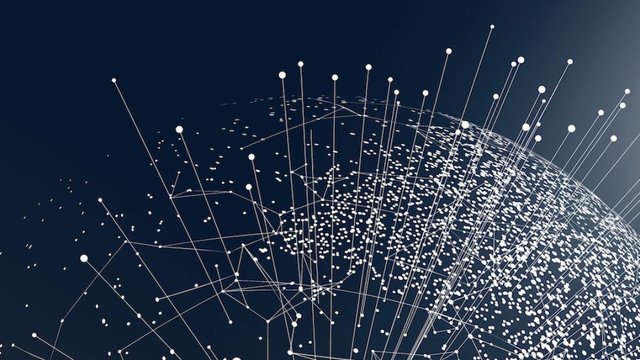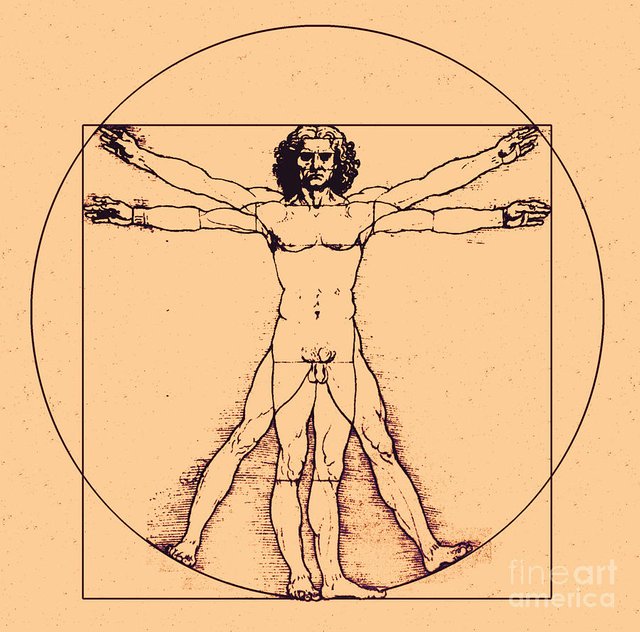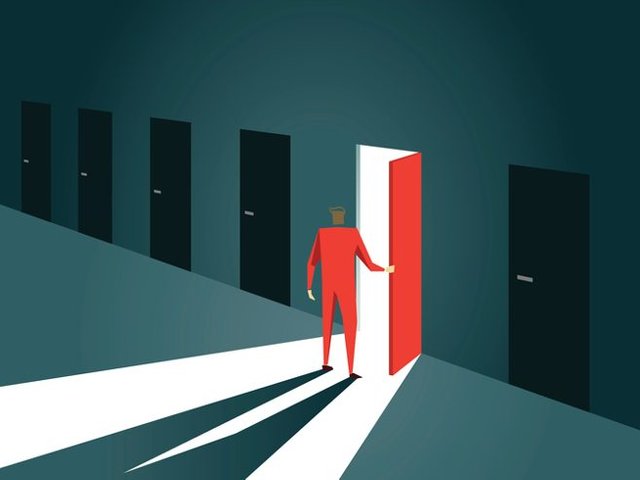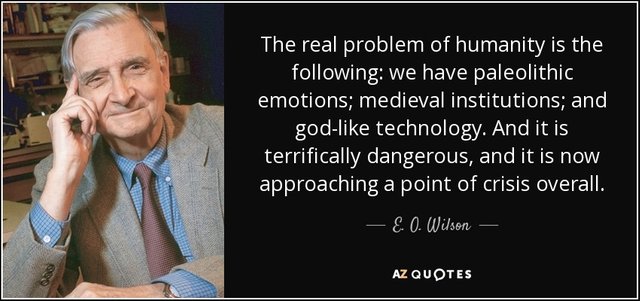The world is a myriad of possibilities.
Grinning with their eyes bright, that is what many say about nowadays. In a physical sense, this world is pretty much the same in which our parents and grandparents grew up. Talking about our more distant ascendants, that may not be entirely true; still, the difference isn’t great. What renders this world so distinguishable from others, then, is not a concrete, tangible aspect, but a mere abstraction, a simple, yet powerful manifestation of how modern human beings organize themselves collectively. The difference lies in worldwide networks—to be more specific: in the internet.

The internet is, without a doubt, the most incredible piece of technology human beings have ever created. For the first time in history, communication knows no barriers; distances that were once inconceivable are now gone over as quickly as everyday conversation. It is true that not all countries are seeing these advances at the same pace (if it’s no exaggeration to say that the richest places in the world live in the future, there are also nations stuck in the Middle Ages). However, contrary to what the more pessimistic claim, this situation is only getting better.
As far as technological changes go, we are in a point of no return.
But there’s one issue most people don’t realize.
Humans are, above all, biological beings. Because of that, changing our inner structure takes time. Even a single cell of the human body is infinitely more complex than anything our minds can possibly grasp. We insist on conceptualizing simplified models of nature for a reason: it’s either that or getting back to alchemy.
There’s no limit to complexity, but there certainly is a limit to how broad and encompassing our understanding can be. We can conceptualize the internet, but we can’t conceptualize ourselves.

As a result, humanity ends up with dreamlike technology, but at the same time it lacks the capacity to deal with it. It’s like putting mice in a cheese factory—how are they supposed to deal with so many paths towards pleasure? An even better question would be: how are they supposed to deal with so many possibilities?
How are obese people supposed to restrain from eating when there’s so much cheap, tasty food available?
How are young adults supposed to realize that happiness comes from hard work, and not from binge-watching their favorite show on Netflix?
How are teenagers supposed to abdicate porn for the sake of real sex?
How are you supposed to forsake instant gratification in order to work on your long-term goals?

I began this text with an affirmative sentence: the world is a myriad of possibilities. That might have come across as a good thing. For most people, it is not. Since the dawn of humanity, we have relied on strict moral codes to dictate what is collectively good and what is not. We have relied on religion to dictate what is individually virtuous and what is not. We have relied on God to dictate what can be known and what cannot. These rules didn’t arise at random. They were necessary for us to evolve.
And, in my opinion, most of them still are.
We may have enough knowledge to understand how fragile our old norms and truths were, at least from a purely intellectual perspective. The problem is: humans are not purely intellectual creatures. We are much more driven by our emotions than we like to admit—and that is precisely why I advocate for a more cautious, conservative look into how we’re organizing ourselves, both individually and socially. Pleasure is good, because we evolved for it. Infinite pleasure is not, because that is not part of us (if anything, it’s an abstract extrapolation of our more common short-term goals).

In order to find real long-lasting success in any area, it’s absolutely necessary to recognize that only the systems that once worked ever get to be criticized. If it did work multiple times in the past, then how could it be less safe and effective than one from present, which did not get to prove itself against the odds?
Therefore, to those who like to cling to the present and forget how the hell we got here, I say:
Do not forget your roots.
Stay well,
Billy.
Congratulations @annb! You have received a personal award!
Click on the badge to view your Board of Honor.
Do not miss the last post from @steemitboard!
Participate in the SteemitBoard World Cup Contest!
Collect World Cup badges and win free SBD
Support the Gold Sponsors of the contest: @good-karma and @lukestokes
Downvoting a post can decrease pending rewards and make it less visible. Common reasons:
Submit
Very well said, Billy!
Downvoting a post can decrease pending rewards and make it less visible. Common reasons:
Submit
Congratulations @annb! You received a personal award!
You can view your badges on your Steem Board and compare to others on the Steem Ranking
Vote for @Steemitboard as a witness to get one more award and increased upvotes!
Downvoting a post can decrease pending rewards and make it less visible. Common reasons:
Submit